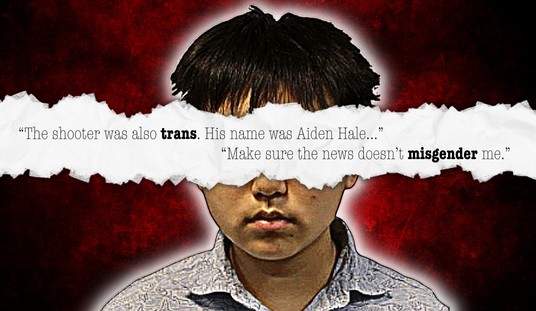NOTE: This is the sixth and final column in a series of columns related to National Marriage Week, Feb. 7-14, 2013. The fifth column is available here.
Much of the debate surrounding same-sex marriage asks about societal harms. Many advocates of the change quickly dismiss the question and insist that a redefinition of marriage won’t hurt anyone. But that conclusion proceeds from a misperception about what marriage is—a failure to grasp marriage’s role as a public institution that shapes our thoughts and actions.
Marriage is not merely a legal arrangement that bestows various benefits and obligations on its participants. It is a vibrant social institution whose norms (that is, shared public expectations)—such as exclusivity in sex, permanence in commitment, and procreative in form—make up much of our social fabric. Altering marriage’s core definition will inevitably change the public’s understanding of the institution and, in so doing, affect society’s acceptance of the cultural norms associated with it.
Advocates of redefining marriage agree that so doing will drastically alter the public’s views about marriage. Professor Nancy Cott, a supporter of same-sex marriage, acknowledges that redefining marriage would definitely have “an impact on the social meaning of marriage” and that changing the public meaning of marriage would unquestionably have “real world consequences.”
Indeed, for many same-sex marriage supporters, this is the very point. E.J. Graff asserts in Retying the Knot that redefining marriage “is a breathtakingly subversive idea” because it will transform marriage from a child-centric institution that exists to join mother and father for the benefit of their children into adult-focused symbolism that “will ever after stand for sexual choice, for cutting the link between sex and diapers.”
This radical shift in the public understanding of marriage raises societal concerns. Because same-sex couples do not procreate, redefining marriage eviscerates marriage’s intrinsic connection to procreation and children. Such a shift in its meaning would remove marriage as society’s foremost (and perhaps only) means for promoting the gold standard for children—a household headed by a child’s own mother and father. And without a proper vehicle to promote the gold standard, the gold standard itself will be no longer. Instead, in a genderless marriage society, all child-rearing settings are perceived as indistinguishable, and the deep-seated interest of children in being raised by their own parents will be subordinated to other newly created rights of adults.
Recommended
The decisions of courts mandating the redefinition of marriage confirm these concerns. Consider, for example, the trial court that invalidated California’s marriage law (known as Proposition 8). That court startlingly proclaimed that children derive no benefit at all from having both a male and a female parent, and that the genetic relationship between a parent and a child is irrelevant to a child’s upbringing.
Redefining marriage through judicial decisions espousing this sort of rhetoric is particularly disconcerting. For such decisions put the force of our Constitution behind a conception of marriage that (1) severs it from any inherent connection to procreation and children, and (2) transforms marriage from a public institution with child-focused purposes into little more than a private, self-defined relationship focused on adults. Additionally, it denigrates the importance of mothers and fathers raising the children they create together.
Officially changing the public meaning of marriage in this manner sends a message that the desires of adults, as opposed to the needs of children, are the paramount concern of marriage. This, in turn, weakens the social norms encouraging parents, especially fathers, to make the sacrifices necessary to marry, remain married, and play an active role in raising their children.
Yet we know that, on average, every childrearing environment other than a home headed by a child’s own mother and father produces suboptimal outcomes for children. Society should thus resist this attempt to shift the primary concern of marriage away from the needs of children to the desires of adults.
We Americans stand on a precipice regarding marriage—an age-old (yet still vital) social institution. Although the ultimate outcome of redefining marriage cannot be fully foreseen from our current vantage point, the signs point to danger ahead. The People thus have the right to proceed with extreme caution and skepticism in these uncharted waters.

























Join the conversation as a VIP Member